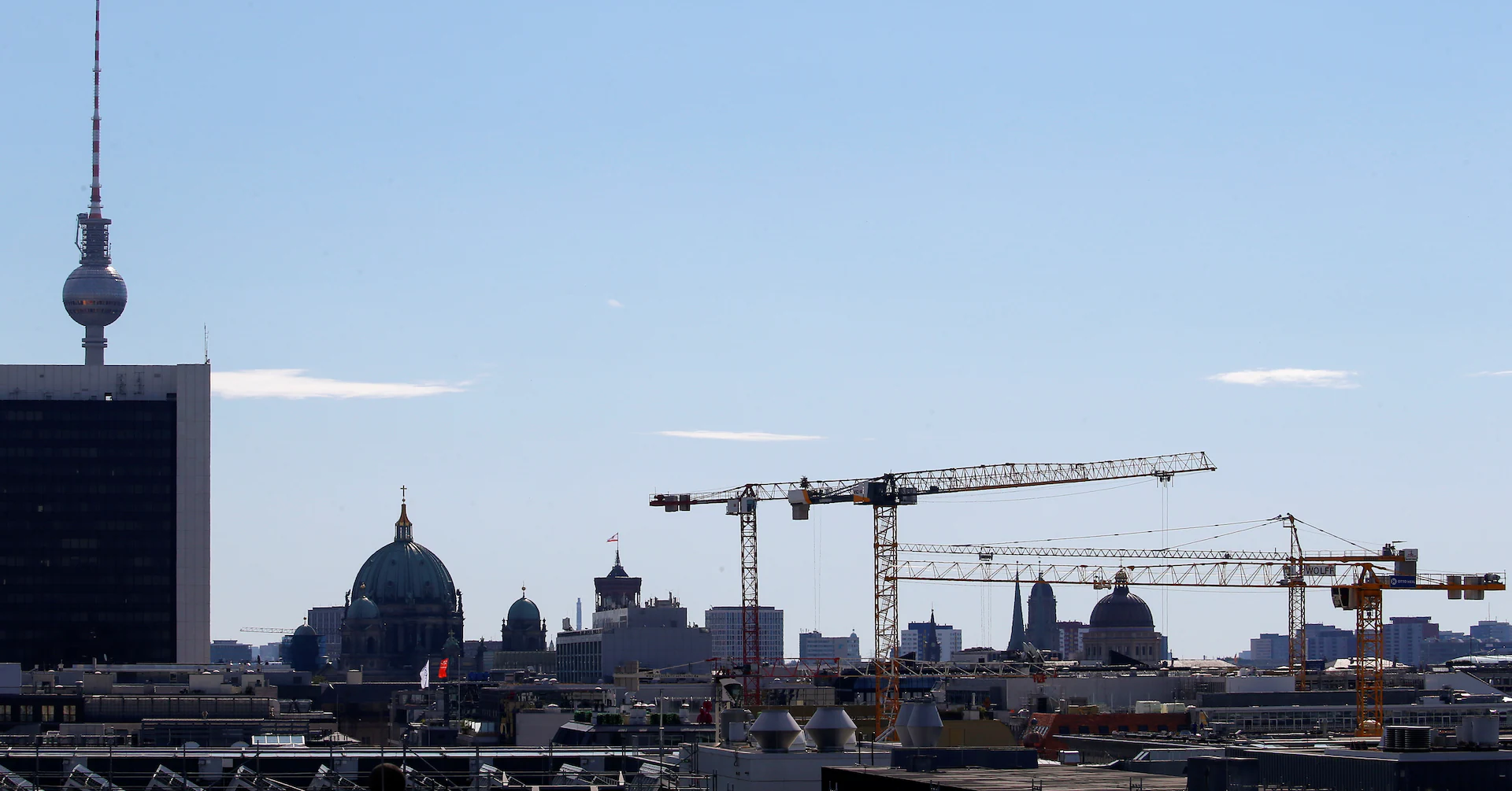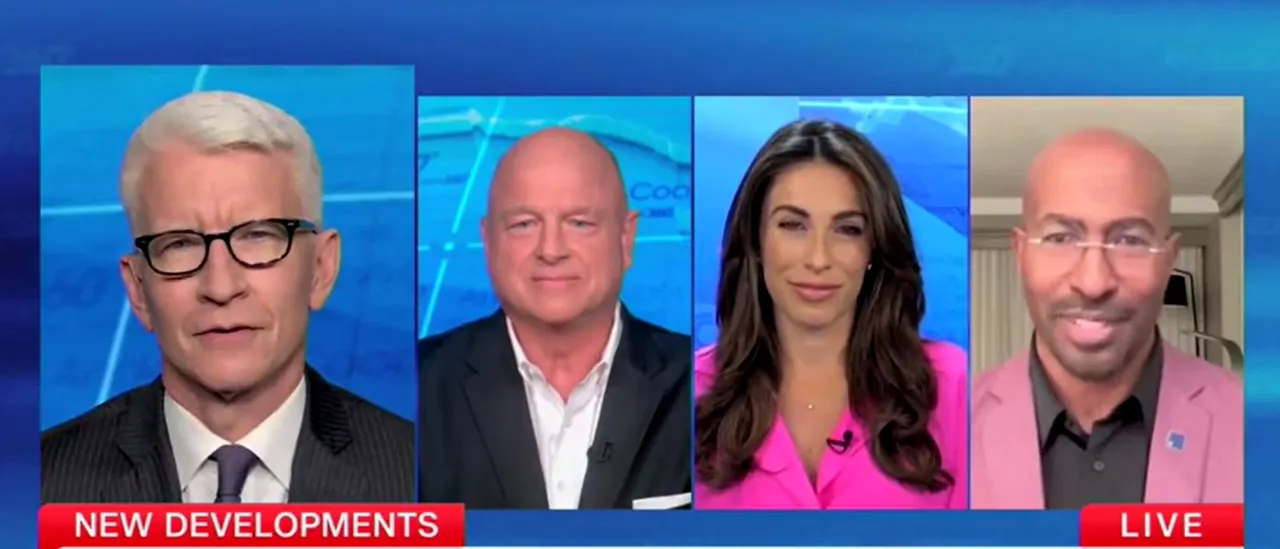Copyright Reuters

LONDON, Nov 12 (Reuters) - The global scramble to invest in artificial intelligence and advanced technology shows little sign of slowing, and while Wall Street's sky-high valuations may deter some, Europe’s tech sector is starting to offer a compelling alternative - not least because so much of global investment capital originates there. After years of underperformance, 2025 has turned out to be a rare moment for equity portfolios to pivot towards Europe. Sign up here. Despite Wall Street's relentless optimism around AI, tax cuts and deregulation, the STOXX 600 of top euro zone stocks is on track to end the year with dollar-based gains more than twice those of the S&P 500. While that's impressive after 15 years of underperformance, it has been mostly down to currency shifts and the dollar's first-half plunge against the euro. In local currency terms, Europe's year-to-date stock gains are just 4% ahead of Wall Street - although ahead nonetheless. Incoming earnings growth is clearly not responsible. Although brisker in the third quarter than forecast, European companies' annual profit growth of 6% still lags U.S. peers by as much as 10 percentage points. More likely, it's about a punt on yawning valuation gaps through next year - seeing beyond the skews caused by America's megacaps and betting on the chance of some return of European capital that's flooded across the Atlantic over the past decade. As Deutsche Bank points out, if you exclude the seven biggest U.S. firms, the S&P 500 would have halved its annual index return of 15% over the past five years and would have underperformed the Europe's broad STOXX 600 over that period. And even without those 'Magnificent 7', the S&P500 still trades at a six point valuation premium. In a world of frenetic tech development and balkanized trade and politics, a change of Europe's equity and economic fortunes is unlikely to come at the megacap level. But transformation in startups and so-called 'deep tech' looks more hopeful as Europe prioritizes its own digital tech systems out of necessity and regional security - just as Washington looks to ring-fence and protect its more mature tech universe and China rapidly develops its own ecosystem. 'TECHNOLOGY SOVEREIGNTY' "By building a strong regional deep-tech ecosystem today, Europe has a chance to become the world's top 'deep tech factory' tomorrow - competing head-to-head with China and the United States," the report said. "This economic success could also spur more technology sovereignty for Europe, providing regional resilience in defense, energy, agriculture, and other critical sectors." The McKinsey report said Europe had a chance to make up for the ground it ceded to America during the internet explosion of late 1990s and 2000s and was gaining ground in both total and late-stage funding, successful scaling of startups and in university spinouts. Three countries stood out - France, Sweden and Britain. In terms of startup funding, Sweden has 65% going to 'deep tech' firms, with the government helping by funneling pension investments into venture capital at twice the rate elsewhere in Europe. Almost 50% of French startup funding is in that area, also aided by the government's tech-friendly initiatives. Both those shares of startup funding exceed the 31% share that the 'deep tech' area commands in the United States. And it's paying off. Last year, 8% of the world's deep tech unicorns - firms valued at more than $1 billion - were born in Europe compared with just 4% in 2021. Names include Celestia, Helsing, IQM and Mistral AI. Amid a long to-do list for Europe's governments on how to foster the area, McKinsey stressed the need to keep the private and public funding flowing, for regulatory incentives and help for a university sector key to research and development. With many academics and students migrating from America due to funding battles with the current administration, fast-tracking visa and work permits was also urged. TECH ARMS RACE Looking at data on patents and diffusing new tech across industries, Bruegel urged Europe not to be left behind in the tech arms race as its two giant economic rivals push ahead. "Europe must increase research and development in critical technologies while further integrating its national innovation ecosystems," wrote Alicia García-Herrero and Michal Krystyanczuk, stressing that China was closing the gap with the U.S. faster. If necessity is the mother of invention, then Europe has the incentive. It also has the money, if only it can bring it home or keep it there. Early successes show it has the ability. The opinions expressed here are those of the author, a columnist for Reuters -- Enjoying this column? Check out Reuters Open Interest (ROI), your essential new source for global financial commentary. Follow ROI on LinkedIn. Plus, sign up for my weekday newsletter, Morning Bid U.S. by Mike Dolan. Editing by Mark Potter Our Standards: The Thomson Reuters Trust Principles., opens new tab Opinions expressed are those of the author. They do not reflect the views of Reuters News, which, under the Trust Principles, is committed to integrity, independence, and freedom from bias.



